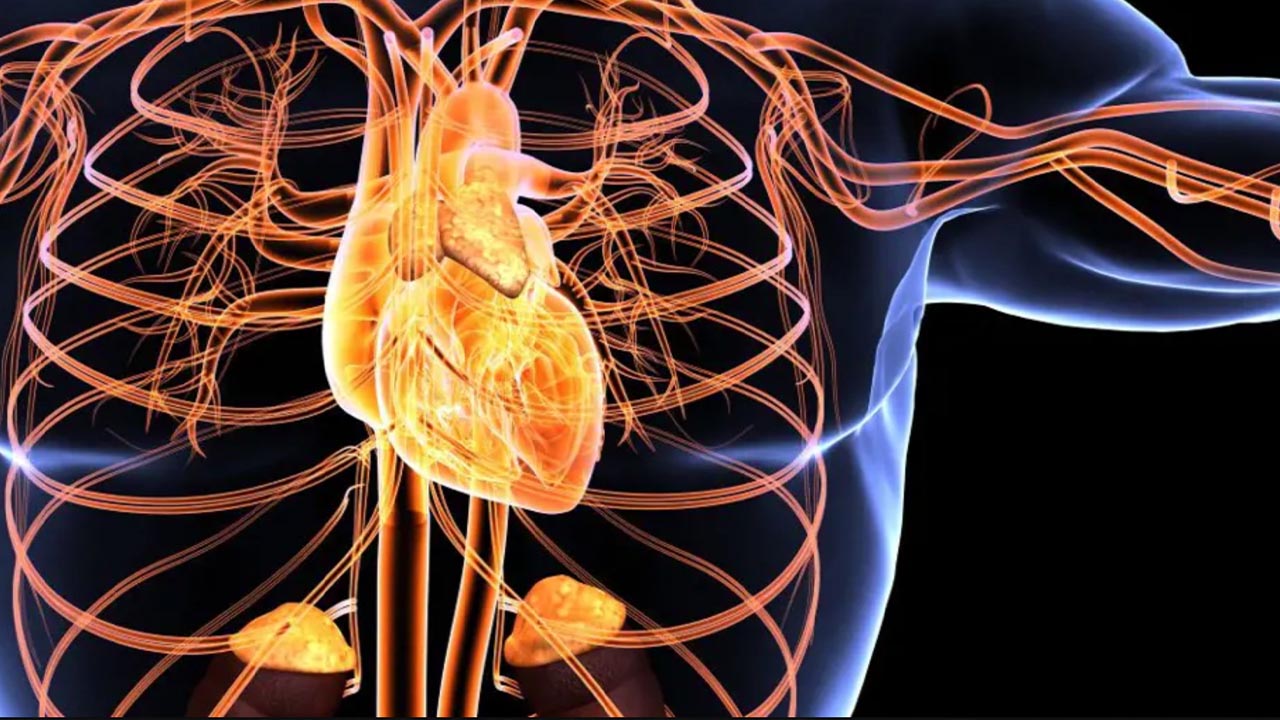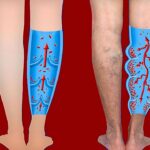Scientifically addressed as the circulatory system, the vascular network combines all blood vessels carrying blood, oxygen, and lymph throughout the human body. The arteries, veins, and capillaries are highly important in regulating the proper functioning of organs. Vascular health can be maintained by practicing a healthy lifestyle, exercising properly, preventing habits like smoking and alcohol and proper vascular disease risk management.
These vascular requirements apply to younger to elder individuals as compromised vascular conditions can impose harmful health effects on them. Vascular health is necessary to avoid the emergence of cardiovascular complications and other vascular diseases, ranging from mild to chronic stages.
Vascular Disease Risk Management
Age and lifestyle are the two factors that contribute massively to vascular maintenance and management in youth and older age. Cardiovascular concerns also need to be monitored to monitor the effective operation of the heart and related vessels. Vascular health is regulated in a better physical state by acquiring the following medical recommendations
- Healthy and nourished diet
- Workout and walking for improvement of blood circulation
- Maintain an optimum weight according to BMI
- Monitor optimum blood pressure level
- Quit smoking, tobacco intake, drugs, alcohol, etc.
Medical science has revolutionized a lot with the evolution of vascular tests to study and check the blood flow in the blood vessels. This will be an individualistic satisfaction of having the required vascular strength with the help of non-invasive tests. Vascular health is considered weak if the pelvic and pectoral region vessels’ structural and functional efficiency is on the failing path.
Comprehensive Vascular Disease Risk Management
Medical investigators’ first and foremost duty is to conduct a detailed systematic survey to identify people at risk or on the verge of failed or poor vascular systems. This type of full risk assessment directly relates to the possible cause and probabilities of vascular diseases and will eventually lead to the correct vascular disease risk management. This is highly stressed in case of cardiovascular abnormalities as most of these are life-threatening for vascular patients.
In addition to this precautionary measure, communication about the subjected vascular disease and its suitable treatment is an important point to be discussed. Vascular disease risk management is controlled by changing lifestyle modifications to prevent the occurrence of any primary and secondary risks of vascular issues, mainly CVD. Doctors and nutritionists are important in guiding vascular health and its significance. The major areas of concern for vascular patients are
- Cardio-protective nutrition and diet
- Physical activity
- Weight management.
- Smoking cessation
- Avoid intake of plant sterols
Vascular disease risk management is essential because of the multi-factorial nature of vascular diseases. This imparts different vascular symptoms in different individuals of variable age spans. Some might be linked to metabolic abnormality, while some suffer from vascular complexities due to hormonal imbalance. Therefore, vascular management is a beneficial initiative for self-care from vascular diseases and risks.




